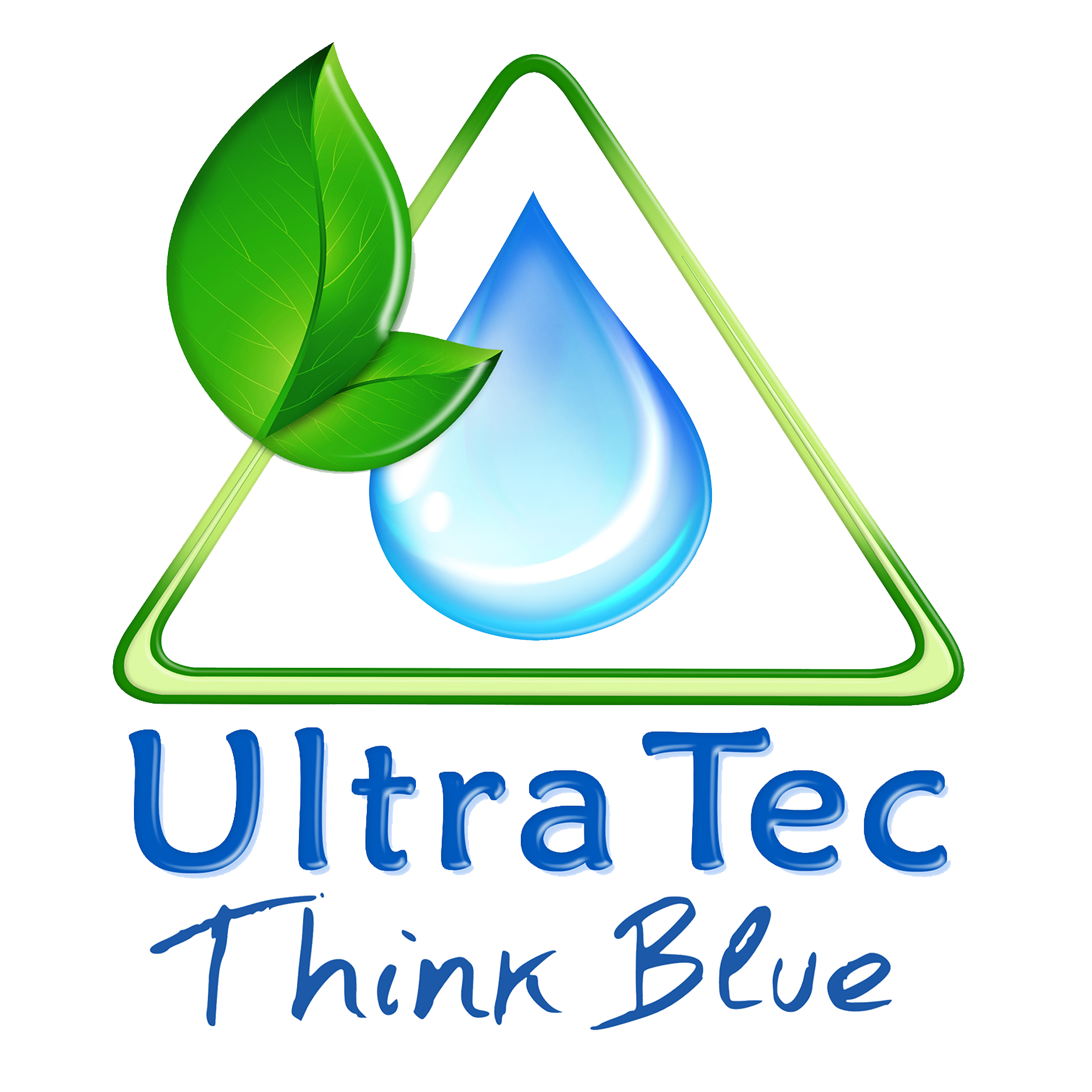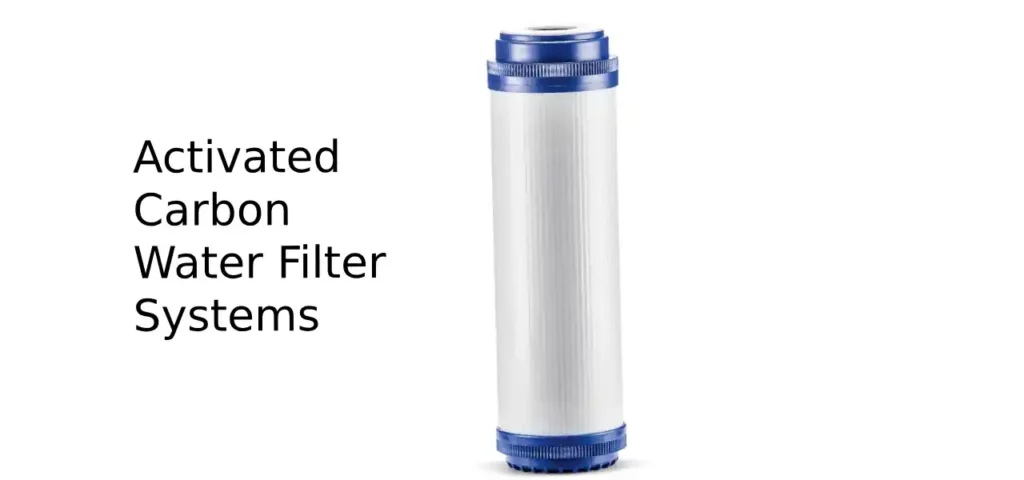The Importance of Carbon Water Filter Systems in Ensuring Clean Water
In today’s world, where clean water is becoming increasingly scarce and contaminants are on the rise, ensuring access to safe and pure drinking water is paramount. With the proliferation of pollutants in water sources, households and businesses alike are turning to advanced filtration systems to safeguard their water supply. Among these systems, carbon water filters stand out as a reliable and efficient solution for purifying water and eliminating harmful substances.
Understanding Carbon Water Filters
Carbon water filters operate on the principle of adsorption, where contaminants adhere to the surface of activated carbon. This process mimics the way a magnet attracts and holds iron filings, effectively trapping impurities and ensuring cleaner water. Granular activated carbon (GAC) filters, composed of loose granules of carbon, are particularly effective in this regard. They act as polishing filters in water treatment systems, significantly enhancing the taste and odor of drinking water.
On the other hand, carbon block filters compress loose carbon particles to form a solid block. Despite their compact nature, carbon block filters boast an expansive surface area, providing exceptional adsorption capabilities. As water passes through the filter, contaminants are trapped within the carbon matrix, resulting in purer, safer drinking water.
The Efficacy of Carbon Filters
One of the key advantages of carbon water filters lies in their versatility. These filters can effectively remove a wide range of contaminants, including volatile organic compounds (VOCs), pesticides, nitrates, and hydrogen sulfide. Moreover, they excel at eliminating chlorine and chloramine, common disinfectants used in municipal water treatment plants. By addressing taste and odor issues caused by these chemicals, carbon filters enhance the overall quality of drinking water.
Carbon block filters, in particular, offer superior filtration capabilities, capable of capturing very small particles and contaminants. Their micron rating determines the size of contaminants they can remove, with lower ratings indicating finer filtration. Despite their slower flow rates compared to GAC filters, carbon block filters provide thorough purification, ensuring water safety and clarity.
Maintenance and replacement
To maintain optimal performance, carbon water filters require periodic maintenance and replacement. Both GAC and carbon block filters should be replaced every 6–12 months, depending on water quality and usage patterns. Regular replacement ensures continued effectiveness in removing contaminants and preserving water quality.
Conclusion
In conclusion, carbon water filter systems play a vital role in safeguarding clean and potable water supplies. By harnessing the adsorption properties of activated carbon, these filters effectively remove contaminants, enhance taste and odor, and promote overall water quality. Whether in residential settings or commercial establishments, investing in carbon filtration technology is a proactive step towards ensuring access to safe and healthy drinking water for generations to come.

